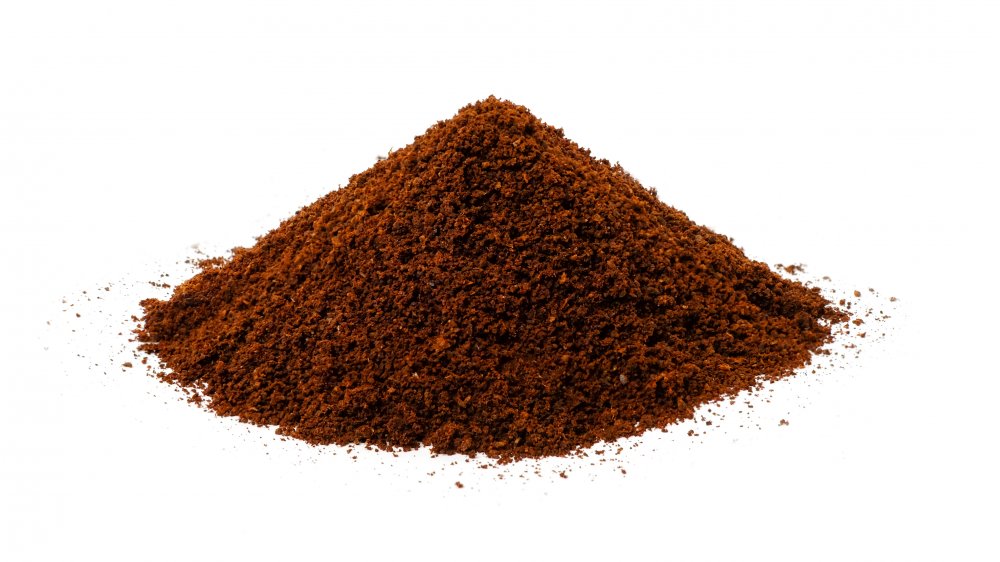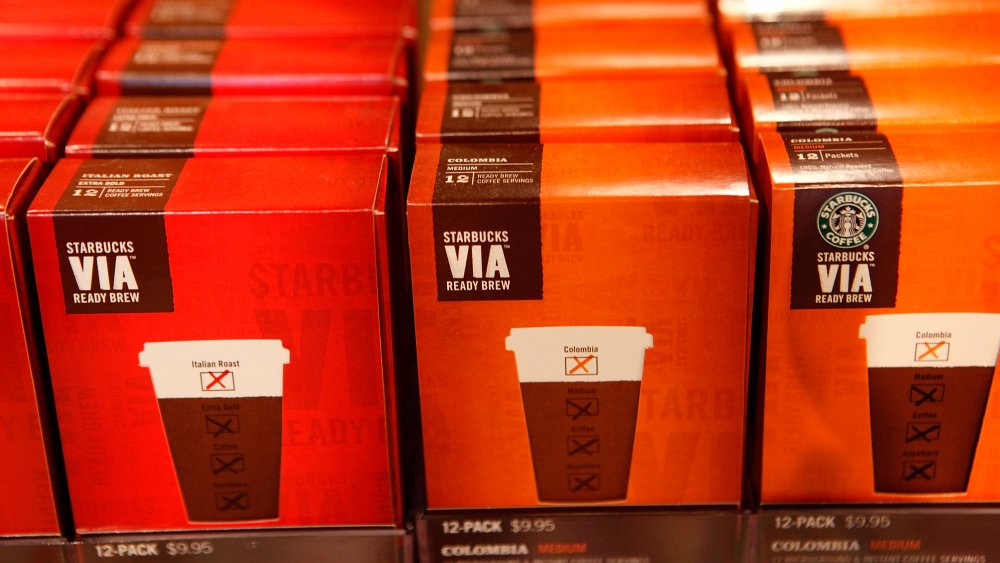Does Instant Coffee Actually Expire?
America has a huge problem with food waste. As HBO comedian and news host John Oliver pointed out in 2015, as much as 40 percent of the food produced in the United States goes straight to landfills. This amounts to some $165 billion annually, and the food thrown away would fill more than 700 football stadiums (via YouTube).
Part of the reason people throw away food so willingly is because Americans adhere to expiration dates with an almost religious fervor. This is particularly odd because even the United States Food Safety and Inspection Service acknowledges that federal law requires food dating only for infant formula. They even point out that "if the [best by] date passes during home storage, a product should still be safe and wholesome if handled properly until the time spoilage is evident" (via USDA).
This is particularly true for foods that aren't generally regarded as perishable such as dried fruits, canned fish, and jerky.
The shelf life of instant coffee
Another food that can be regarded in this category is instant coffee. Although there are a few different methods for making instant coffee, it often begins as regular coffee, which is then freeze-dried. This turns it into a shelf-stable powder which can be turned back into coffee when mixed with hot water (via The Kitchn). It can also be used in baking and cooking and is often used in recipes that require an intense coffee flavor.
Even people who don't drink instant coffee on a regular basis tend to keep it around the house in case of caffeine emergencies (and it's great to take on a camping trip). The good news is that you don't really have to replenish it often because most experts think that if your instant coffee is sealed, it will never expire — although its flavor may not be at its peak the longer you wait (via GGC Coffee). Even if you do open up your instant coffee, if you keep it in an airtight container in a dark and dry location, it will keep for decades (via HiLine Coffee).

